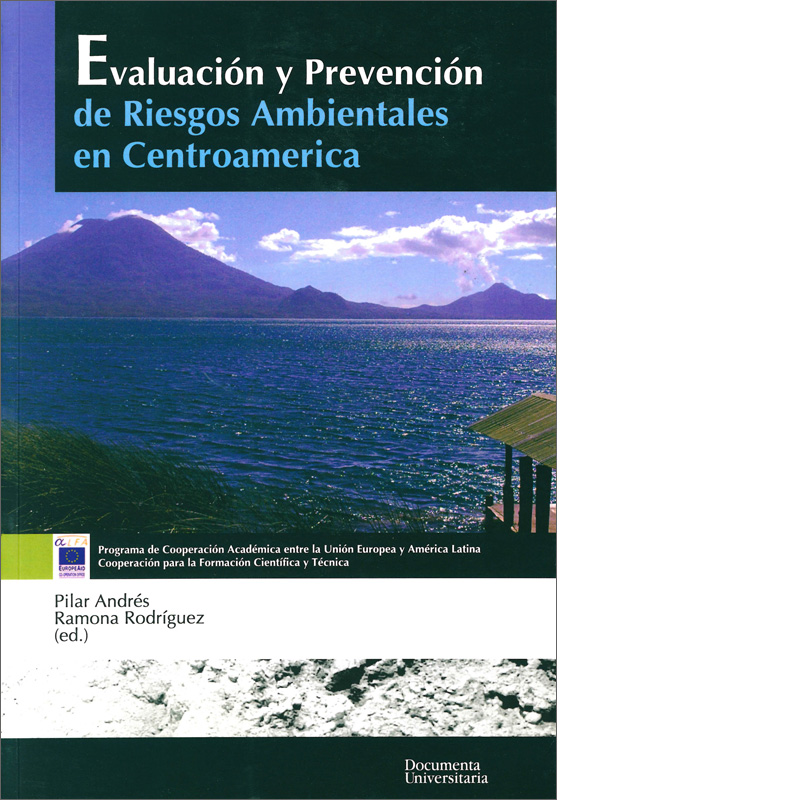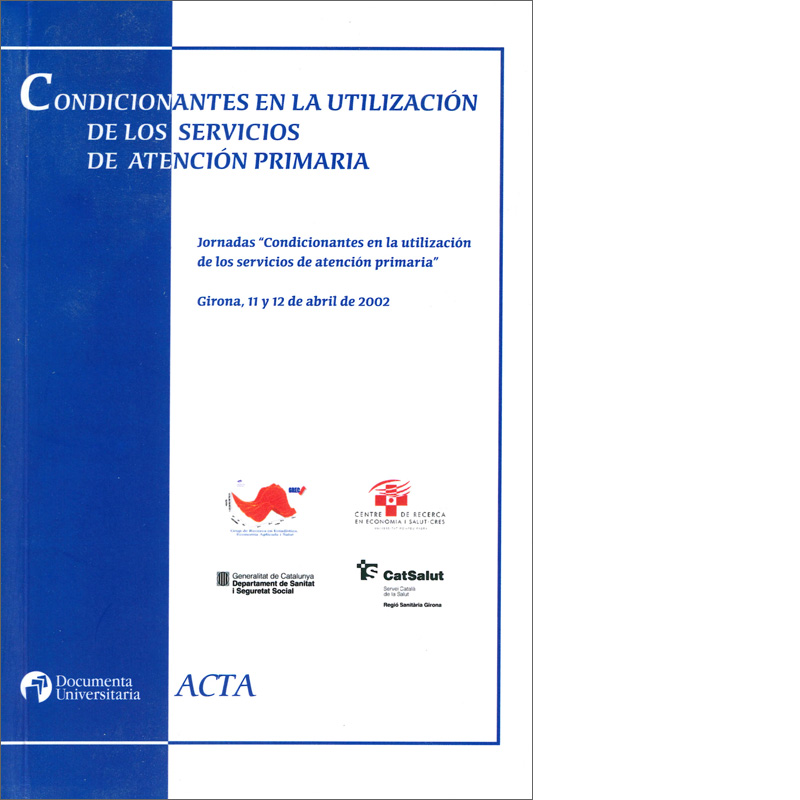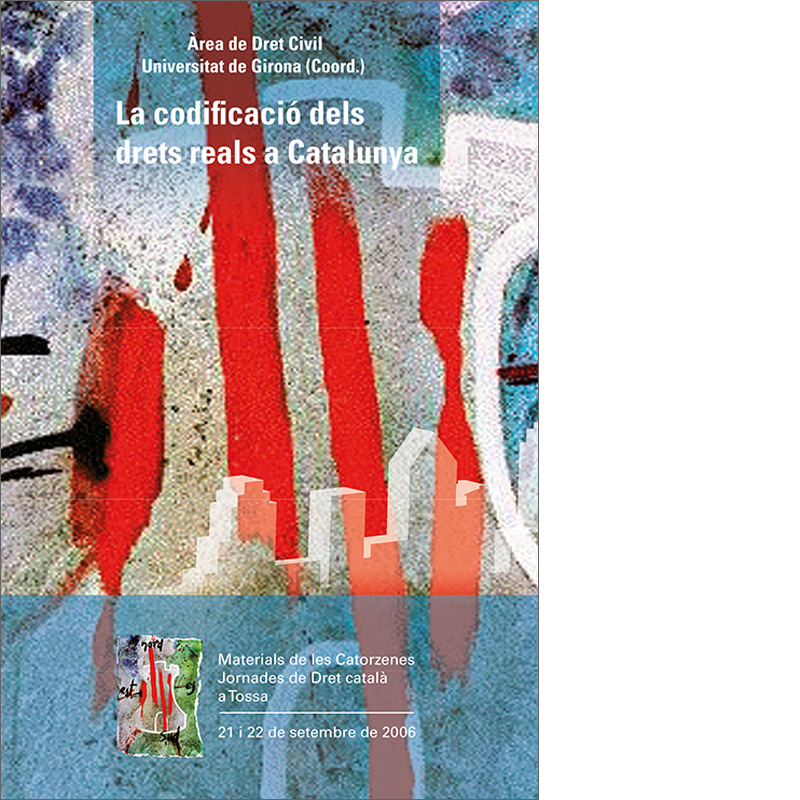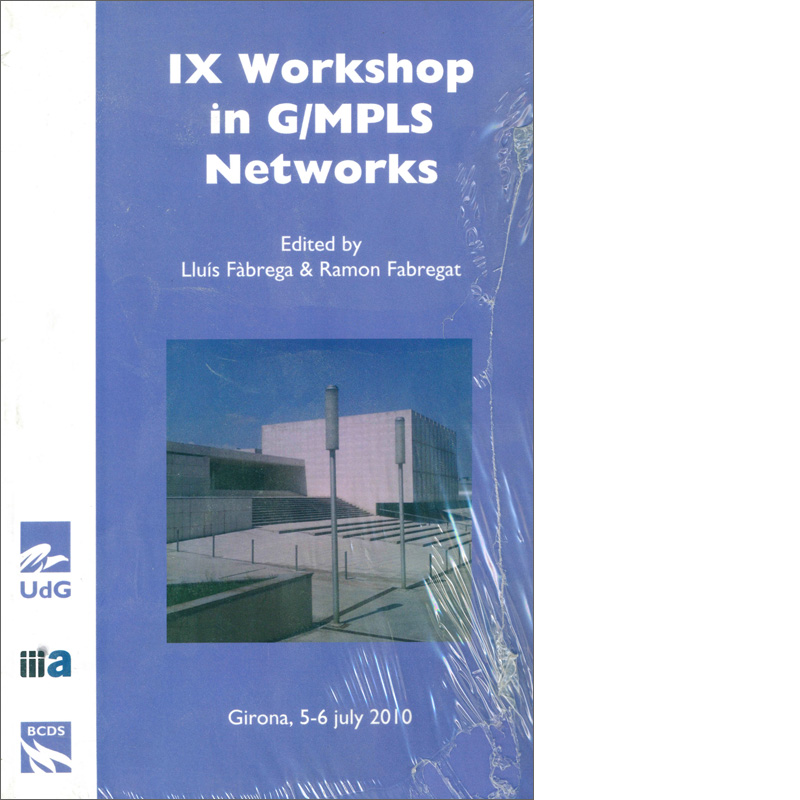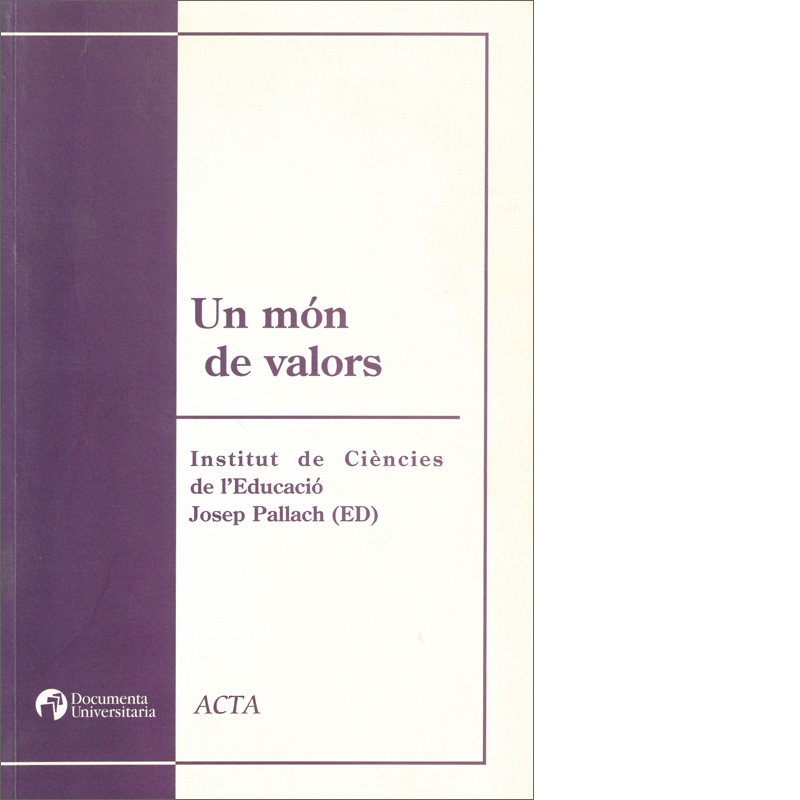Description
In March 2004 the "Masters in the evaluation and prevention of environmental risks in Central America" was initiated, aimed at training 16 graduates from Latin America and Europe (five Nicaraguans, four Salvadorians, three Mexicans, two Spanish, one French and one Italian) hailing from network organisations. The masters had a duration of two years, with 12 months of theoretical study in Nicaragua (FAREM, Estelí) and Spain (Universitat de Girona) and with another 12 months of practical training in the different countries of the network, which culminated in the presentation of thirteen masters theses that contemplate different aspects of the prevention of risks, and which were developed using case studies from Nicaragua, Mexico and El Salvador, thanks to the support of numerous administrations and local professionals. nThe theoretical contents were ordered in five sections: Geological risks, Hydrogeologic Risks, Biological Risks, Risks derived from industrialization and from the town and country planning process and vulnerability of villages in the face of these environmental risks. In these sections some transversal subjects, aimed at providing the students with fundamental tools for understanding the rest of the contents, were incorporated.n n


